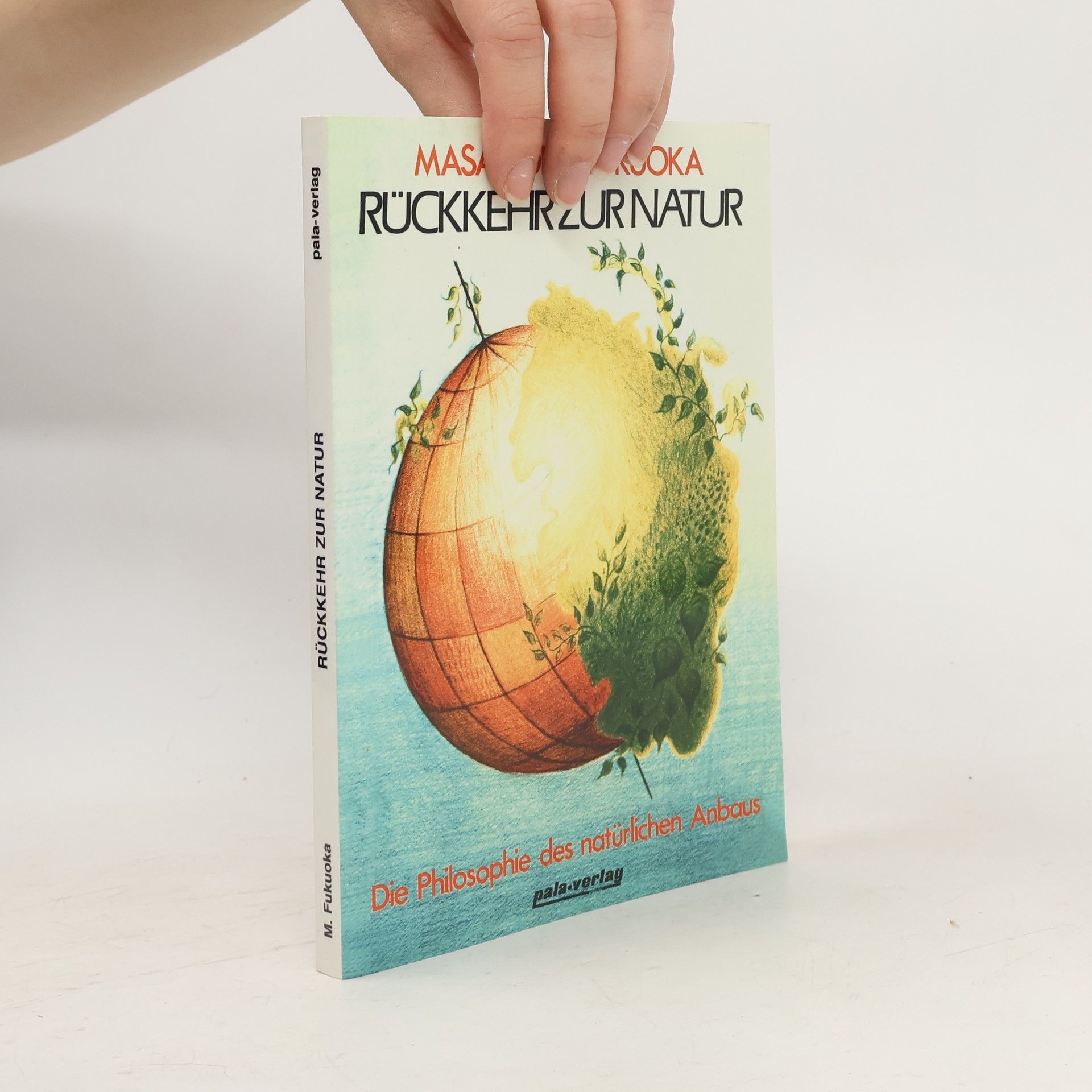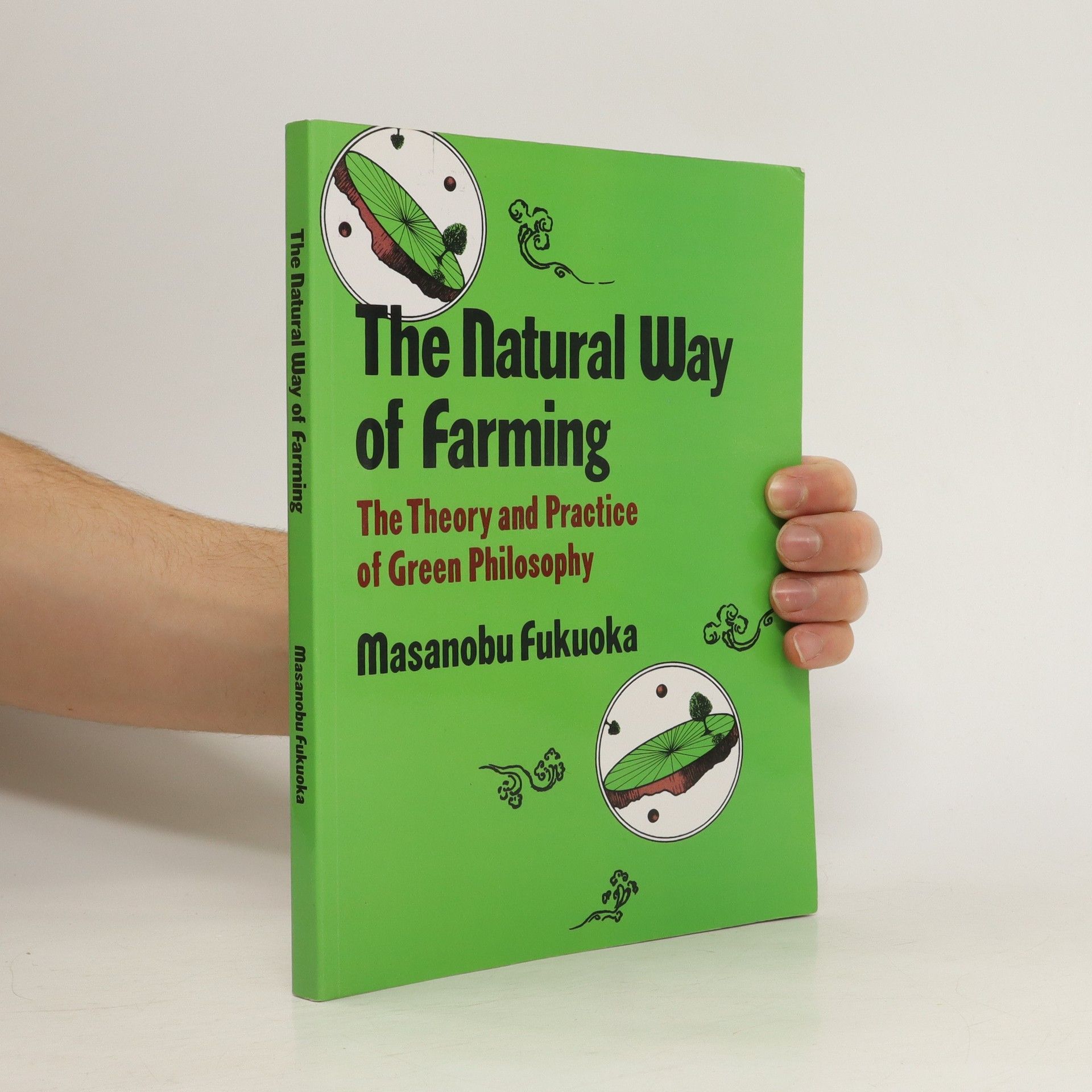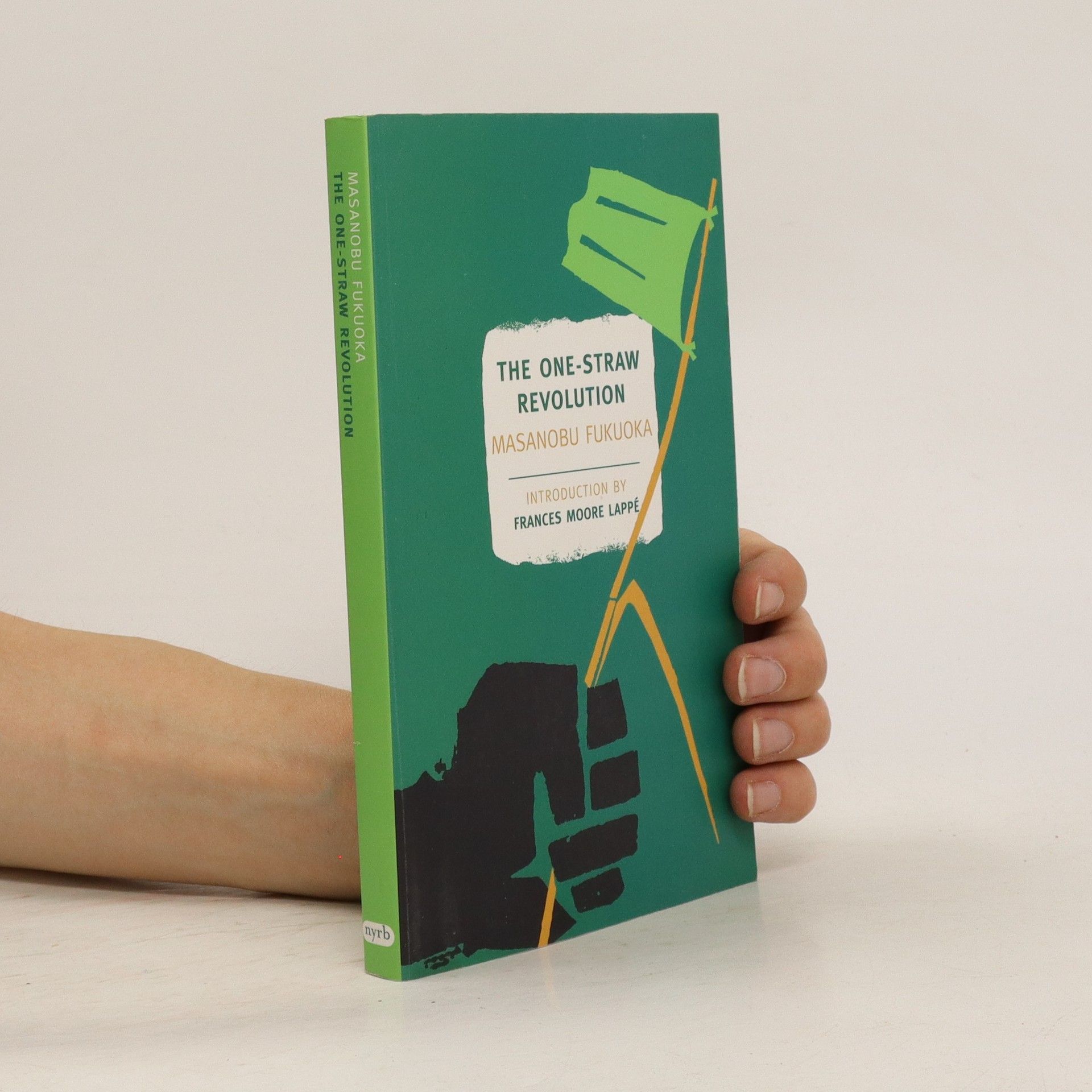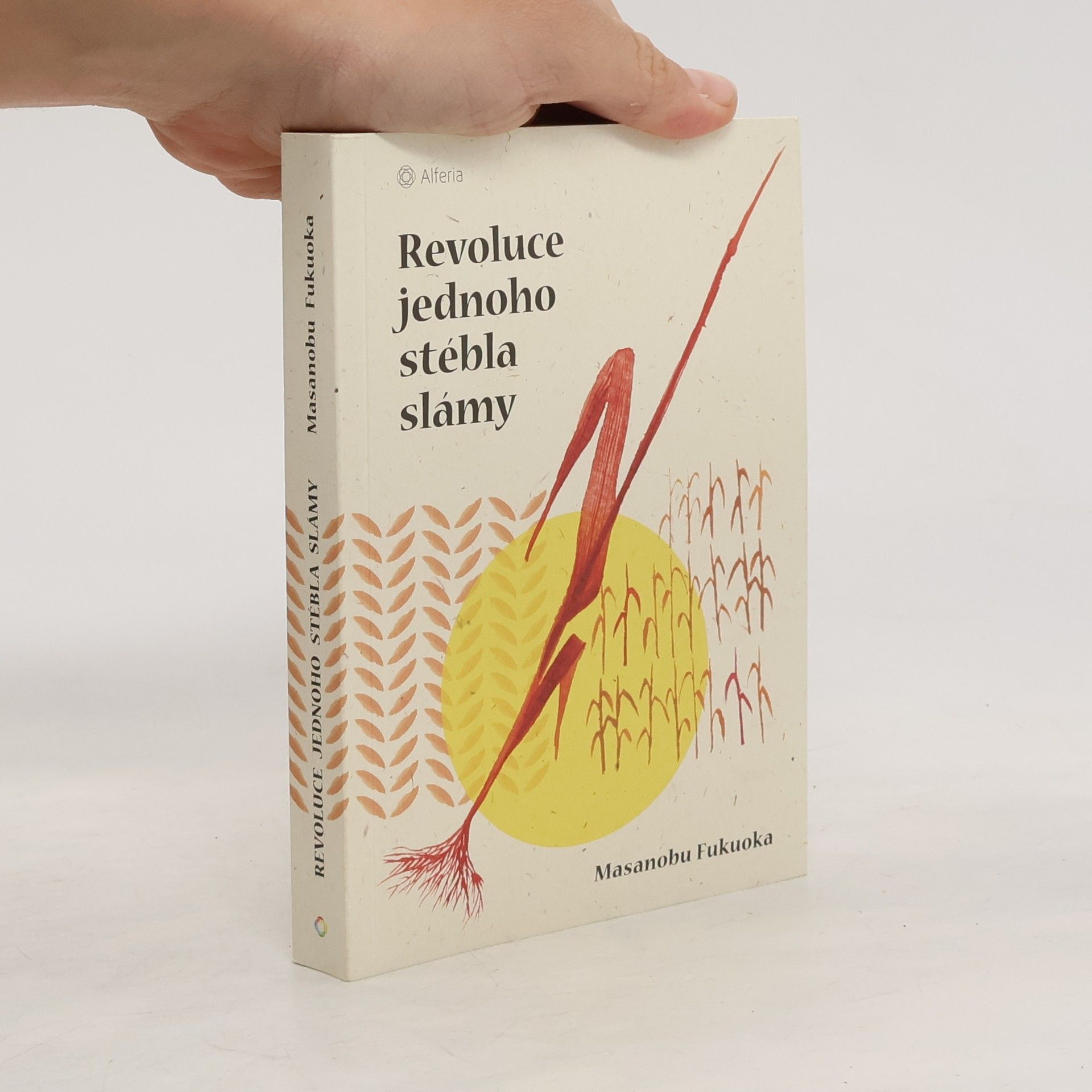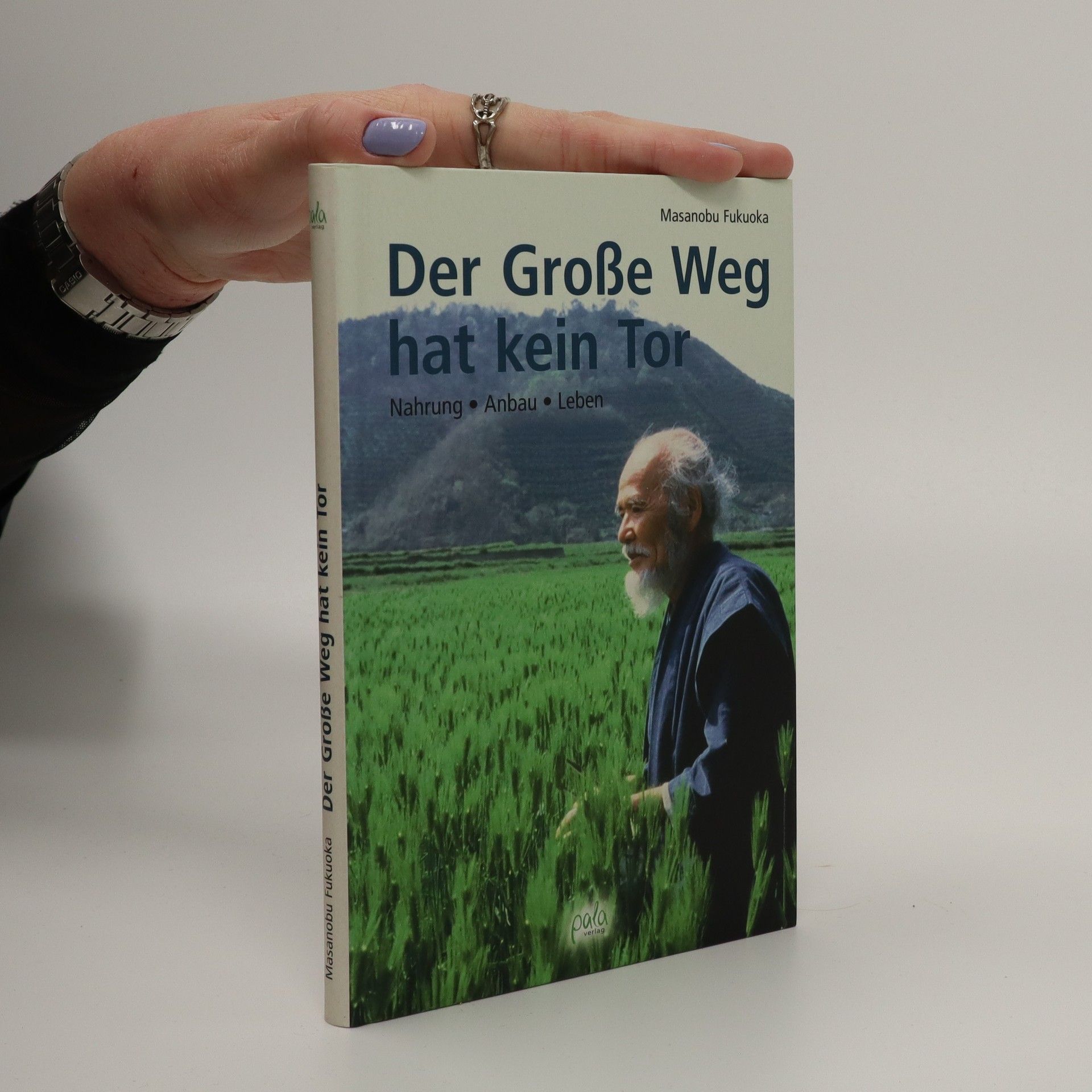Revoluce jednoho stébla slámy
- 224 stránek
- 8 hodin čtení
Kniha o zemědělství, která není jenom o zemědělství. Originální dílo japonského farmáře Masanobuy Fukuoky je manifestem nebojování proti přírodě a inspirací k jednání, které nenarušuje přirozený chod věcí. Ukazuje, jak tento způsob nahlížení na svět může být uplatněn v zemědělství a při pěstování potravin. Dostává se až nad rámec zemědělství a přináší vlastní pohled na celou lidskou společnost. A tak je tato kniha také originálním filosofickým dílem, v němž autor čtenáře seznamuje s přirozeným způsobem uvažování a pohledem na svět, který umožňuje člověku žít naplněný život v souladu s přírodou. Poutavost, jasnost a bystrost Fukuokových myšlenek vedla k tomu, že se kniha Revoluce jednoho stébla stala celosvětovým bestsellerem, byla přeložena do 20 jazyků a ovlivnila množství nejrůznějších lidí: farmářů, zahradníků, ekologických aktivistů, biozemědělců, příznivců slow food, lidí studujících východní nauky a dalších, kteří cítí, že právě naše vzdalování se přírodě má za následek vznik neřešitelných problémů. Z přečtení této knihy může čerpat inspiraci a nadhled i člověk, který (zatím) farmařit vůbec nehodlá. Nenechte se zpočátku odradit rýží a obilím.

